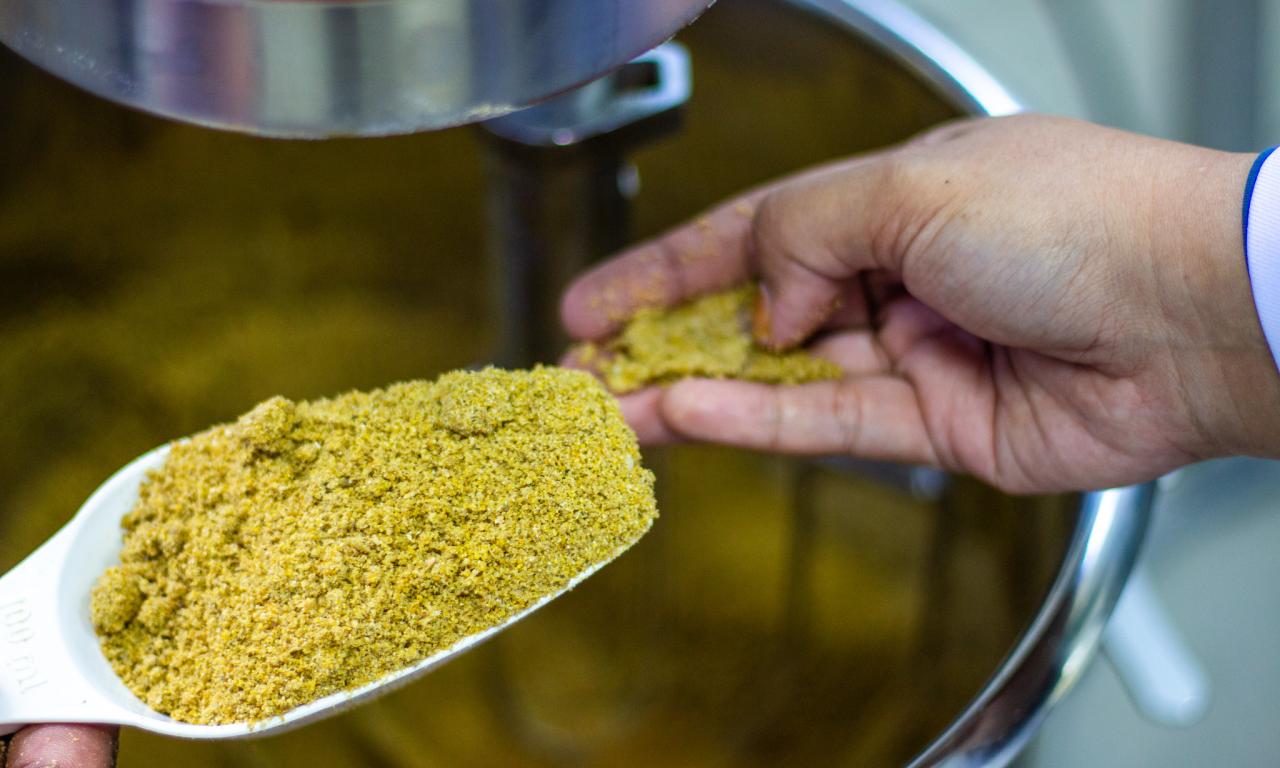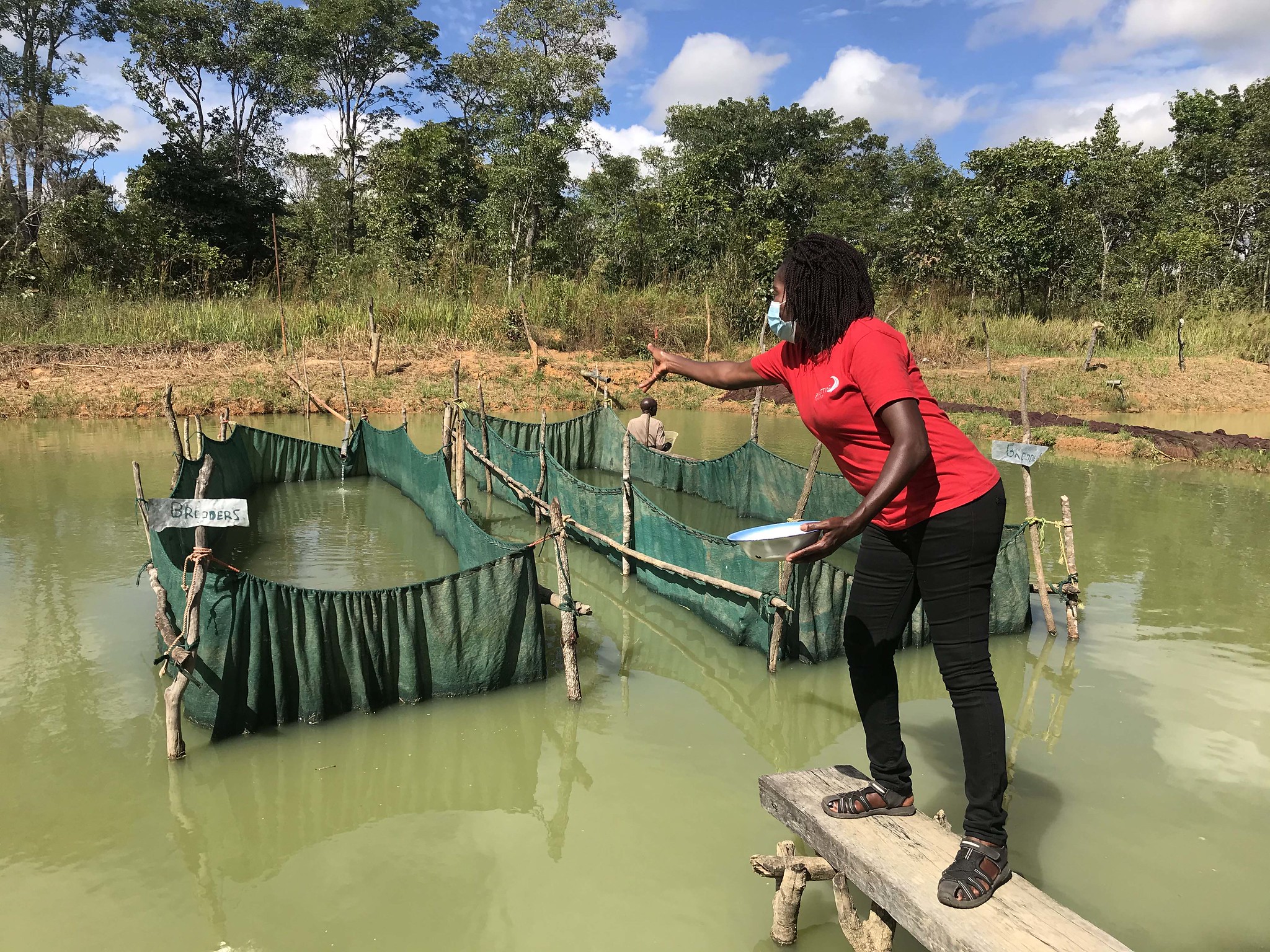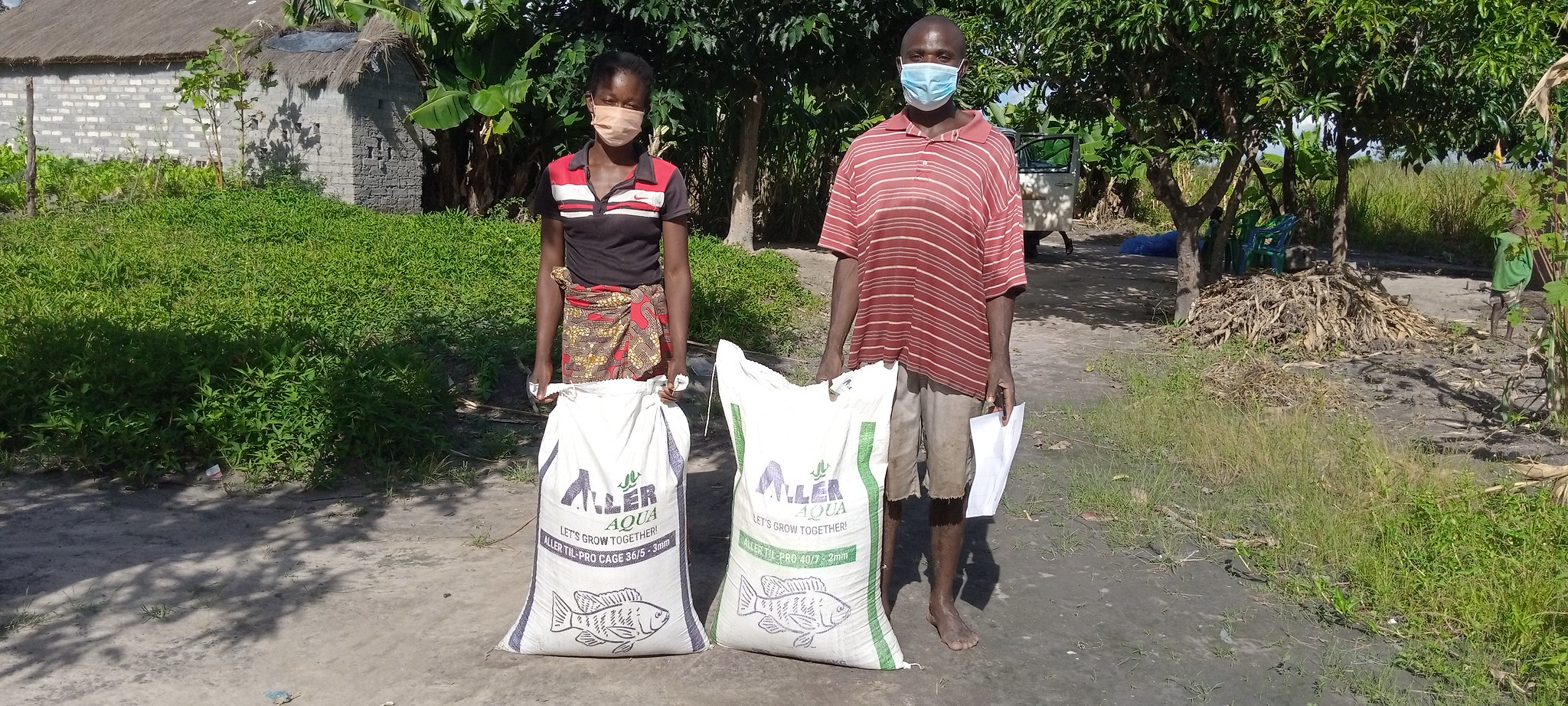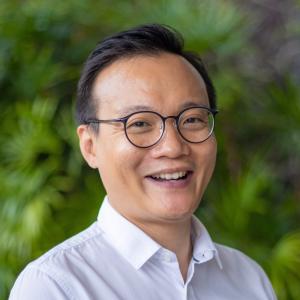
- Through a 5-year partnership with Norad, low-cost and highly nutritious aquatic feeds based on novel ingredients will be developed to improve the sustainability of aquatic food systems in Sub-Saharan Africa.
- The project will run from 2022 to 2027 with Norad funding the initiative through a NOK 80 million (approximately $8 million) grant.
- The project is expected to increase the income and improve food security of 5,000 smallholder aquatic food producers as well as reduce waste and pollution in Kenya, Nigeria and Zambia, through the development and use of sustainable aquatic feeds.
WorldFish has partnered with the Norwegian Agency for Development Cooperation (Norad) on a 5-year project to develop low-cost and highly nutritious aquatic feeds based on novel ingredients.
The project, known as Development and Scaling of Sustainable Feeds for Resilient Aquatic Food Systems in Sub-Saharan Africa (FASA), will run from 2022 to 2027 with Norad funding the initiative through a NOK 80 million (approximately $8 million) grant.
The project aims to enable 5,000 smallholder aquatic food producers in Kenya, Nigeria and Zambia to test and use these feeds and ingredients, which will increase their income, improve their nation’s food security as well as reduce waste and pollution. An estimated 30 and 40 percent of aquatic food producers engaged in the project will be women and youth, respectively.
“This collaborative project will identify and improve the quality of local ingredients and enable feed millers to produce local, sustainable feeds that satisfy the nutrient requirements of local strains of tilapia and catfish in the project countries,” explained Rodrigue Yossa, senior scientist at WorldFish.
“The innovations generated through this project will be packaged into better management practice guides, for further dissemination and adoption in and beyond the project countries,” elaborated Yossa, who is also the project lead.
Making nutritious aquatic feeds more accessible

The conventional aquatic feeds that are currently on the market have a significant environmental cost and are frequently out of reach for many smallholder aquatic food producers due to their prohibitive costs and other barriers to access and use.
This is especially true for women and young people working in the sector, who frequently have lower incomes, fewer assets and more difficulty getting inputs.
In Sub-Saharan Africa, scarcity, unsustainability, as well as the high environmental and financial implications of feeds, have been identified as the primary obstacles to expanding smallholder production.
At the project's conclusion, three outcomes are expected. The first anticipated outcome is an improvement in the capacity of at least two stakeholder groups in each country to adopt best practices in the pursuit of a more sustainable feed industry.
The second goal is to apply processing techniques to raise the quality of at least 15 locally sourced ingredients, which will then be utilized by stakeholders. The project's ultimate goal is for 5,000 aquatic food producers who are directly or indirectly involved with it to get access to, try out, and use the sustainable local aquatic feeds.
Working with partners to scale innovations

“WorldFish has brought together a range of excellent local and international partners with expertise in applied research for development, education and training, scaling of innovation as well as feed production and trade in Africa, to ensure that the innovations are developed using a participatory approach, the right beneficiaries are reached, the next generation of feed innovators are trained and the overall project goal is achieved in a timely manner,” said WorldFish Interim Director General Essam Yassin Mohammed.
Partners of the project include the International Centre of Insect Physiology and Ecology (ICIPE), the West and Central African Council for Agricultural Research and Development (CORAF/WECARD), the Swedish University of Agricultural Sciences, Aller Aqua (Zambia), the Natural Resources Development College, local feed millers and farmer groups.
“This partnership, which is established with Norad’s support, will help transform the aquaculture sector in Sub-Saharan Africa to be more sustainable while improving the livelihoods as well as the food and nutrition security of the people in the region,” added Mohammed, who is also CGIAR acting senior director of aquatic food systems.
